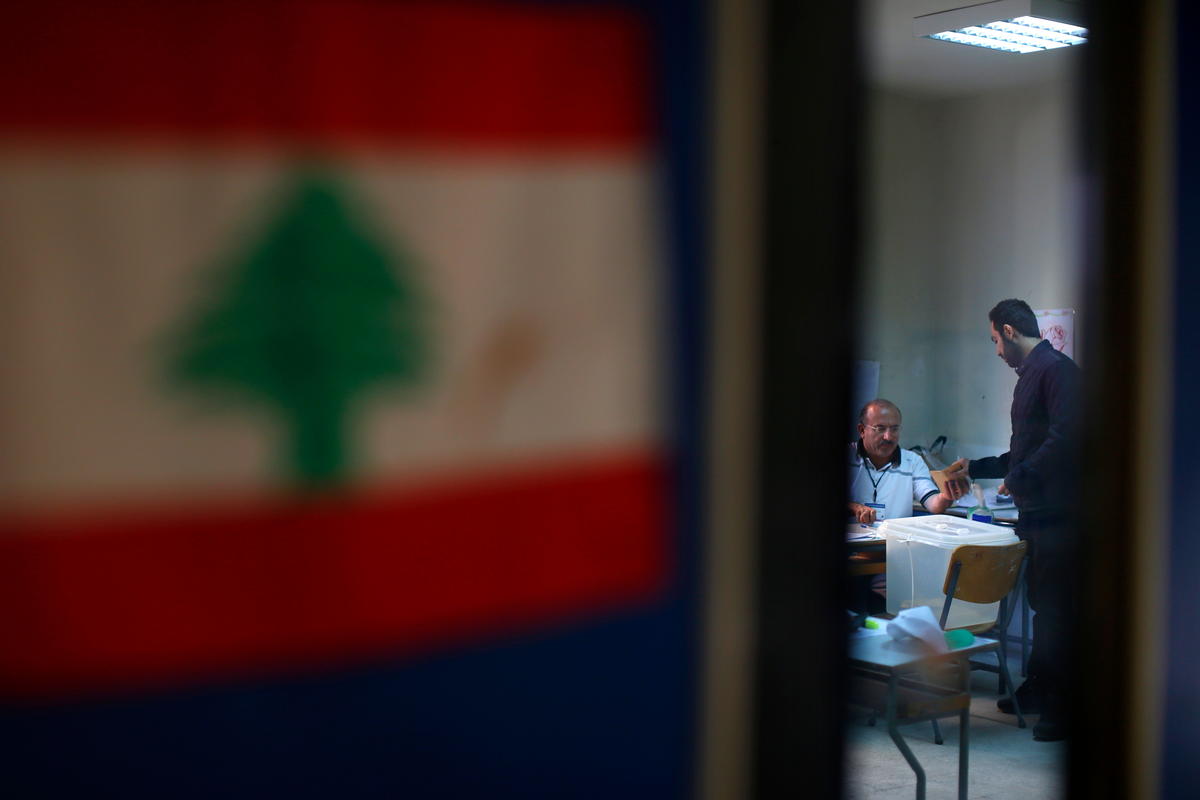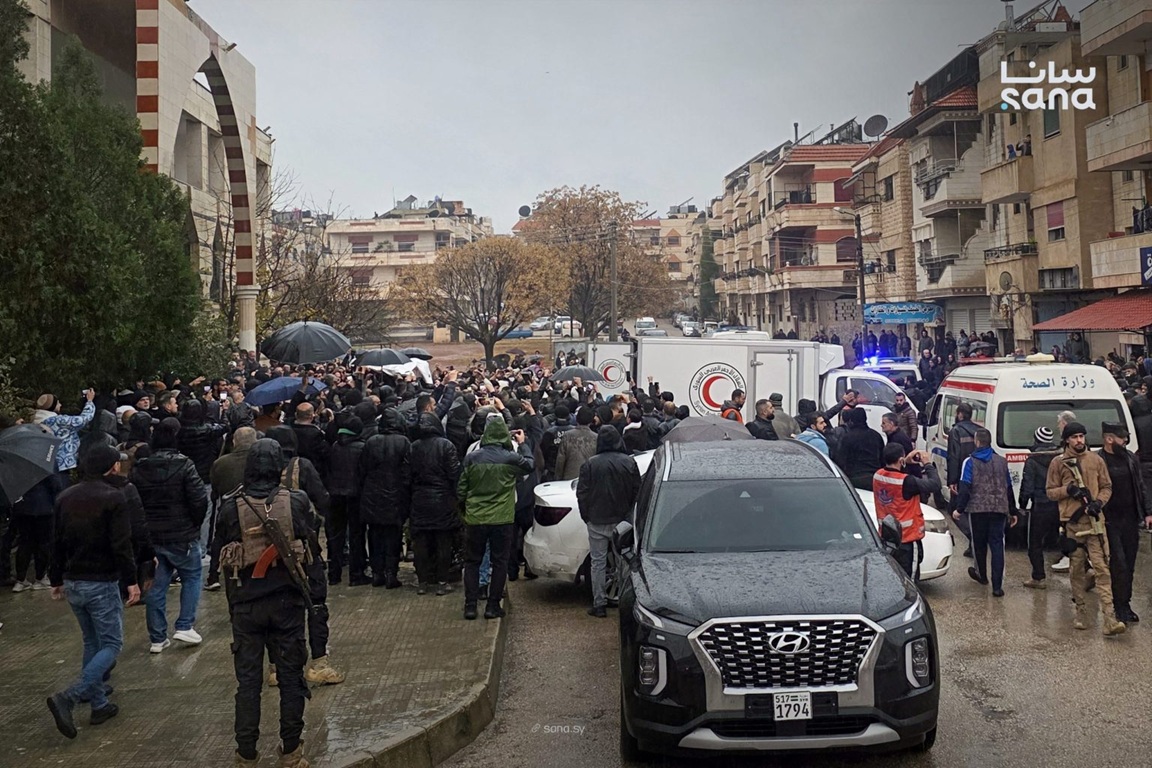
Hundreds of veterans burned tyres and blocked highways in Lebanon on Thursday to protest plans to tax their pensions and other measures in a 2019 budget intended to slash the country’s deficit.
Parliament is debating a draft budget approved by the cabinet last month. It aims to cut the deficit to 7.6% of gross domestic product from 11.5% last year, with Lebanese leaders warning the country faces financial crisis without reform.
Lebanon’s public debt is 150% of GDP, among the largest in the world. State finances are strained by a bloated public sector, high debt-servicing costs and subsidies for power.
Fears of cuts in public-sector pay and pensions sparked protests as the budget was being drawn up earlier this year. The draft approved by cabinet omitted a proposed temporary public-sector pay cut.
But army veterans continue to object to measures that will affect them. The draft budget includes a 3% cut in their pensions to help support health care and social services, a pension tax and a freeze on early retirement.
In a reminder of the political issues facing Prime Minister Saad al-Hariri’s government, plumes of smoke rose early on Thursday as veterans blocked highways for several hours with burning tyres. Long lines of cars queued on the highway south of Beirut, a scene repeated elsewhere in the country.
The veterans waved Lebanese flags and held photos of soldiers who died in service, whose families will also be affected.
“The political class pushed us to this,” said Abbas Ammar, a first sergeant who retired in 2001. “All our lives we preserved the security of our country. These are our rights that we earned.”
Some motorists stuck in the traffic sympathized with the protesters. “I have to get work, of course, but this cause is much bigger than that, because we’re also not happy at all with what this government is doing,” said Mohamad Shebli, sitting in his car.
The main steps to cut the projected deficit to 7.6% GDP include an increase in tax paid on interest, an import tax and a government plan to issue low-interest treasury bonds to cut debt-servicing costs.
The central bank governor said this week he backs government efforts to cut those costs, but an agreement has yet to be reached on how. Discussions would be held once the budget is approved, he said.
Source: Reuters





